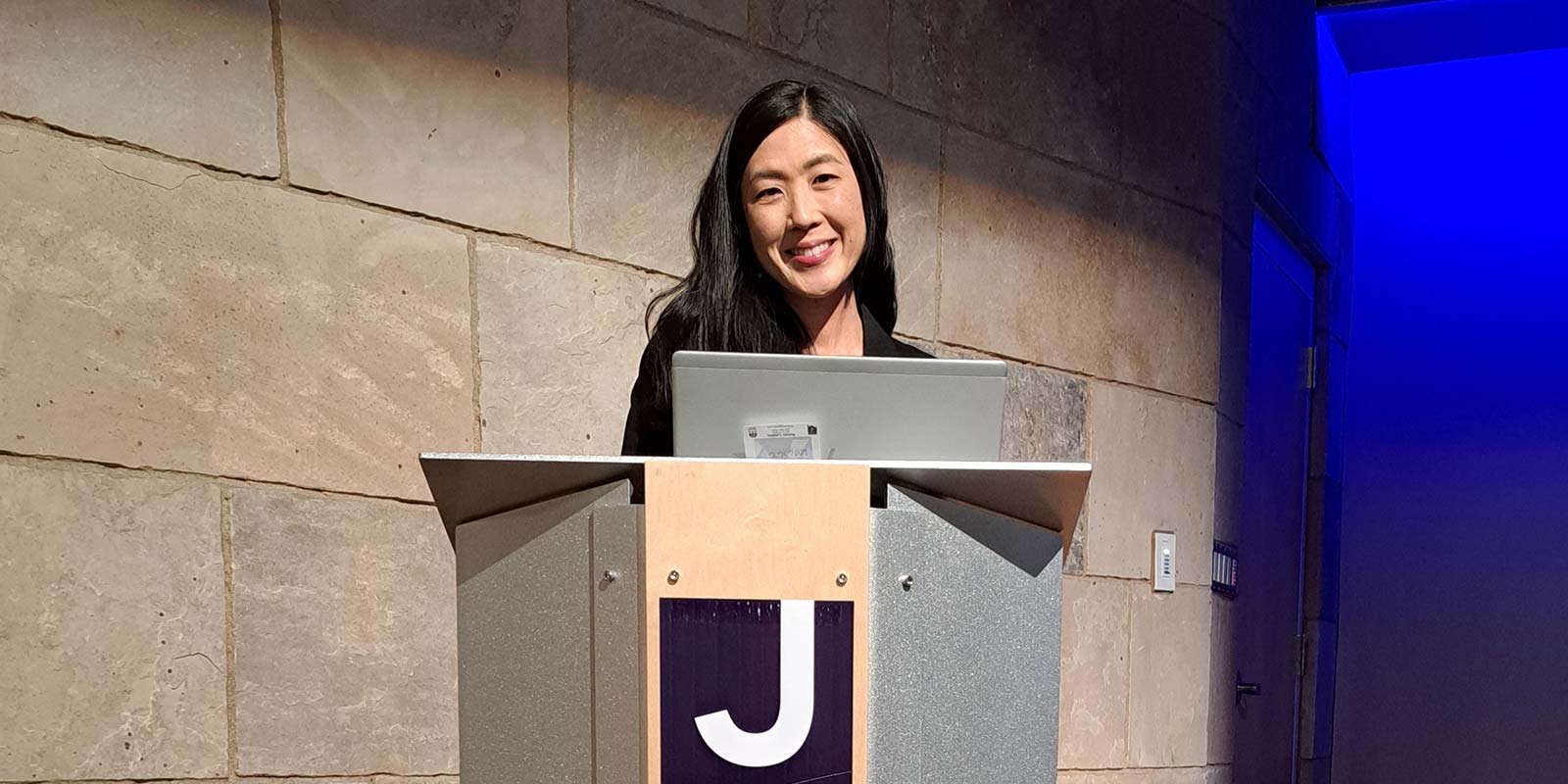Dr. Catherine Evans on what you should know about screening mammograms
- Category: Cancer, General, Imaging, Women’s Health
- Posted On:
- Written By: Boulder Community Health

EARLY DETECTION OF BREAST CANCER SAVES LIVES
Thirteen percent of women in the United States will be diagnosed with breast cancer at some time in their lives.
“That's one-in-eight women who will be diagnosed with breast cancer. The good news is that mammograms can detect breast cancers too small to be felt, and early detection saves lives,” said Catherine Evans, MD, of Boulder Radiologist during a free online health lecture.
_________________________________________________________
Watch "What you should know about screening mammograms"
_________________________________________________________
Latest mammogram screening guidelines
For women who are at average risk
Dr. Evans stated that different medical organizations have different screening guidelines. "The question of when exactly to start your screenings is ultimately a personal decision and one every patient should discuss with their provider," she said.
The recommendations we support at BCH are those of the:
- Society of Breast Imaging
- National Comprehensive Cancer Network
- American College of Radiology
"All three recommend annual screening mammograms beginning at the age of 40 and continuing as long as a patient is in good health," Dr. Evans said.
Alternative screening guidelines (for women of average risk)
The American Cancer Society guidelines recommend that women start regular mammograms no later than age 45 and that those who want to start at age 40 should have insured-access to mammograms. Also, the U.S. Preventative Services Task Force (USPSTF) recommends screening beginning at the age of 50, and continuing every other year until the age of 74.
She emphasized, "These guidelines would miss approximately one third of breast cancers and would result in 6,500 to 10,000 additional breast cancer deaths each year. In other words, the most lives are saved when women are screened every year, starting at age 40. That's precisely why the Affordable Care Act requires health insurers to pay for screening mammograms with no out-of-pocket costs for all women starting at the age of 40.”
Why start at age 40?
One-in-six breast cancers occur in women age 40 to 49. Dr. Evans stated, "The incidence is pretty low before the age of 30. It then moderately increases between the ages of 30 and 35, and then steady increases after the age of 40."
What age can you stop screening?
Dr. Evans explained it is reasonable to continue screening at age 70 and older if you are at average risk and:
- Are in good health (no major illnesses expect to limit your lifespan)
- Are willing to seek treatment if a cancer if detected
Risk assessment
Most women (75%) who develop breast cancer have no family history or identifiable risk factor. The biggest risk factors are simply being a female and increasing age.
According to Dr. Evans, all women should have a risk assessment by age 30 to see whether they are at increased risk for breast cancer – particularly black and Jewish women – indicating they should begin annual mammogram screenings by age 30.
Work with your provider to calculate your lifetime breast cancer risk using one of these tools: Gail Model or Tyrer-Cuzick Model.
You may be considered at high risk if you have a:
- lifetime risk of more than 20 percent,
- known genetic mutation or have a first degree relative with BRCA1 or BRCA2 mutation,
- hereditary cancer syndrome and/or,
- history of chest radiation therapy before age 30.
Guidelines if you are considered high risk
Guidelines for high risk are different. The recommendation is:
- Begin annual screenings by age 30, but not before age 25, and 10 years earlier than the diagnosis age of a first-degree relative.
- Start to supplement annual mammograms with contrast-enhanced MRIs – alternating each exam every six months (i.e., you wouldn’t have both at the same time). Those who are who are unable to get a supplemental MRI, then a whole-breast screening ultrasound is also an option.
BCH offers the latest mammogram technology
All of BCH’s locations offer the latest advances for mammogram screenings:
- Digital mammography: Creates incredibly accurate and vivid images of breast tissue. Compared to traditional film-based mammography, digital mammography uses less radiation and allows our radiologists to manipulate high-resolution digital images so abnormalities can more easily be seen.
- 3D mammography (tomosynthesis): This type of imaging technology creates a highly detailed, 3D-composite picture of the breast, allowing radiologists to view several layers of breast tissue from various angles. 3D mammogram makes it easier to detect small cancer tumors in moderately dense or very dense breast tissue. It’s also beneficial for patients with an increased risk for or personal history of breast cancer.
To schedule a screening mammogram, call 303-415-5170 or log on to MyBCH.
Click here to view/download a PDF of slides shown during Dr. Evans' lecture.